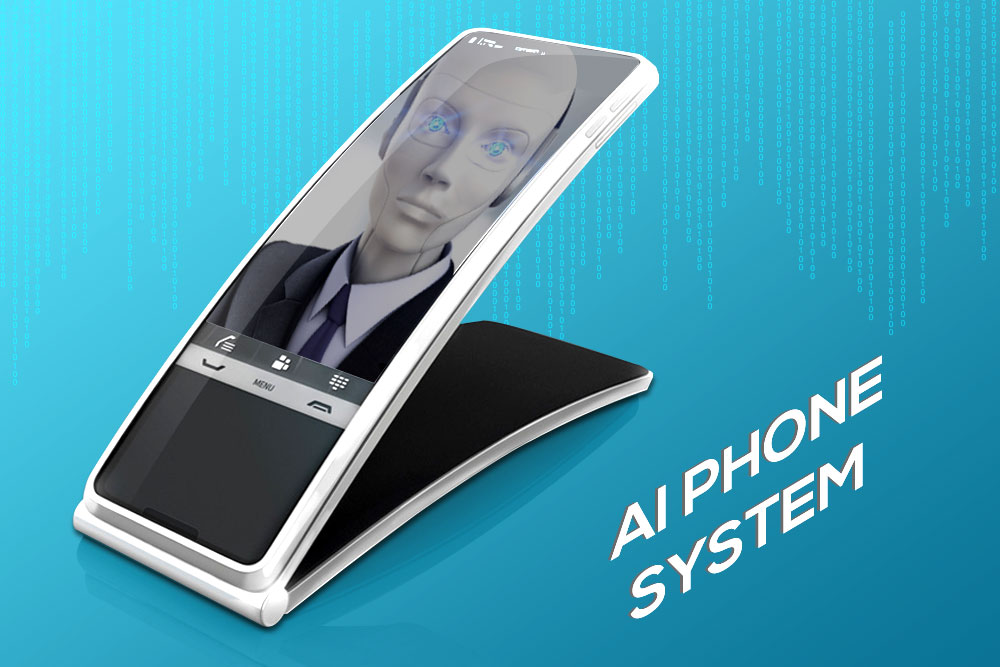
Department Of Science And Technology Prepares For AI That May Threaten BPO Industry
As science advances, artificial intelligence (AI) could threaten one of the country’s biggest income generators – the multi-billion business process outsourcing (BPO) industry. The BPO industry also encompasses the .
DOST Afraid That Artificial Intelligence May Take Over
The Department of Science and Technology (DOST) held a roundtable discussion on artificial intelligence organized recently by the Philippine Council for Industry, Energy, and Emerging Technology Research and Development. This was held in response to experts who said that the scenario is not far-fetched as call center agents who answer phone calls or handle business processes might be replaced by computers powered by AI.
DOST Secretary Fortunato de la Peña said Filipino tech guru and Wave Computing chairman Diosdado “Dado” Banatao told him of the dangers of AI to the BPO industry late last year.
Dela Peña said he acknowledges the threat posed by AI to the local BPO sector; and this is why, he said, the government is taking proactive measures to soften its impact.
“I have to mention that as early as the 1980s, I already wrote about AI as a future R&D focus in the Philippines,” dela Peña said, adding he mentioned AI as “the next wave of technological development in the global technological space.”
Discussions Being Held With Regards to an AI Program
“So, we discussed the matter (AI initiative) and decided to hold consultations regarding a Philippine R&D and Commercialization Program,” stated dela Peña.
“At that point, we decided to propose it as one of our new priority programs. We brought it up with NEDA PDP (National Economic Development Authority – Philippine Development Plan) 2017-2022) Group and they supported the idea. It was then included in the write-up of the Science, Technology, and Innovation Chapter of the PDP 2017-2022. The PDP is up for Cabinet discussion and approval on Feb. 20,” he added.
Dela Peña cited the potential of the AI Program “to generate economic activity and to bring in economic contribution and benefits.”
The AI technology they are planning to harness, however, focuses only on medical diagnoses, stock trading, robot control, law, remote sensing, scientific discovery, and toy making.
Action Is Being Made So It Will Not Negatively Affect BPOs
In a discussion with PCIEERD executive director Carlos Primo David, Dela Peña explained further what Banatao had said about the threat of AI on the BPO industry.
“There are major changes that will happen in the next 5 years. And one change that they are foreseeing in the United States is that the BPO industry will slowly acquire more computers with AI capabilities that can take calls instead of actual people doing the calls,” David mentioned with regards to the AI threats.
“That is a threat to our BPO industry if it does happen in the near future,” said the PCIEERD chief. “So, we have to do something about it.”
The AI Industry Should Focus on Other Sectors
One option to consider as a response to AI is to develop the capabilities of Filipino scientists in creating AI systems, not just in the BPO industry but also in other sectors.
Recent Posts
- How Does GPON Improve Network Efficiency?
- What Are The Advantages Of GPON?
- What Are The Benefits Of IT Outsourcing?
- What's The Deal With Ransomware Attacks?
- Are GPON Providers Widely Available?
- What's GPON's Impact On Bandwidth?
- Why Is Multi-Factor Authentication Important?
- How To Ensure Data Privacy Compliance?
 Blogs
Blogs Infographics
Infographics Videos
Videos Podcasts
Podcasts Case Studies
Case Studies Call For Quote
Call For Quote